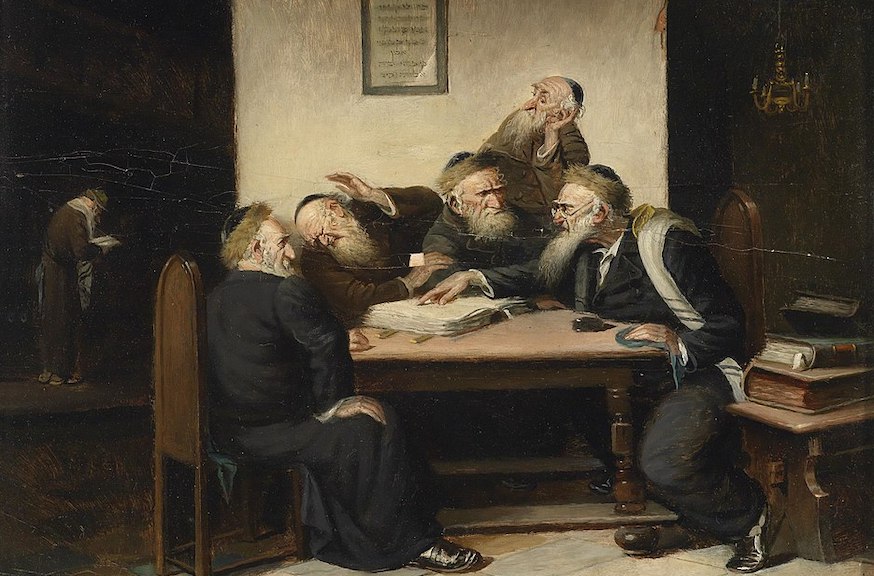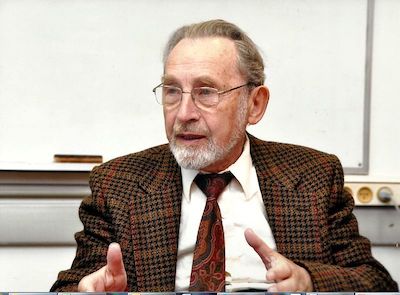Arguing For the Sake of Truth
When David Weiss Halivni passed away in the summer of 2022, at the very least, the Master of the Universe would need no convincing that the 94-year-old had ever wasted a second of his incredible life. And even if there was any doubt, then there is a high probability that Halivni would have been be contesting with his Master in order to make his point.
“Halivni dedicated his life contesting Jewish text in order to get to the truth”
Halivni dedicated his life contesting Jewish text in order to get to the truth. In doing so he sometimes caused seismic vibrations through the rabbinical world. Through his approach to the study of the Talmud, he urged scholars not to take all things at face value but to study and question, question and study. Although a few traditionalists accused him of ”trampling on the domain of the divine”, the contrarian was unmovable. He insisted that critique and questioning was in line with an unbroken chain of scholars who contributed to the canon of Jewish text. God’s revelation needs constantly to be reinterpreted, he said because our understanding is at best ambiguous, and at worse, imperfect.
Halivni’s beginnings as a Jewish scholar were birthed immediately after World War II, when the destitute 17-year-old Czech-born Auschwitz survivor made his way to the United States where he was placed in a Jewish orphanage. It was there that he first caused some raised eyebrows when he questioned a particular Jewish law concerning kosher food.
But because a person who expresses doubts and asks questions is regarded in Judaism as someone who seeks truth, the leadership of the orphanage were so impressed that they introduced him to the leading Talmudist at the famous Jewish Theological Seminary of America. It was there that Halivni’s brilliance was discovered. It set him on a path which would change his life and also the thousands of his students.
“A person who expresses doubts and asks questions is regarded in Judaism as someone who seeks truth”
Like many Jews, the Holocaust had a deep impact on Halivni’s worldview and his understanding of God. This became known in his groundbreaking memoir, “The Book and the Sword.” In it he wrote that the horrors of the Holocaust are no reason to stop praying to God, believing in Him, or observing His commandments. He rejected a particular school of thought that claimed that what the Jewish people endured in Nazi Europe could possibly be a divine punishment. Throughout past and recent history, claimed Halivni, God had intentionally limited His power to give people an opportunity to accept responsibility by taking courage, and acting against evil. In that sense, God had nothing to do with it.
His last decades he lived in Israel where he often would be found at the Hebrew University, Bar Ilan University or the National Library, reading large volumes of books. When he passed away in June 2022, thousands mourned, and also those who had passionately disagreed with him.
Though not all agreed with his approach to Jewish Law, or his theology of the Holocaust, his clear thinking and fearlessness in asking questions, will continue to spark healthy contentious debate among Jewish people and many in rabbinical seminaries, for years to come.






